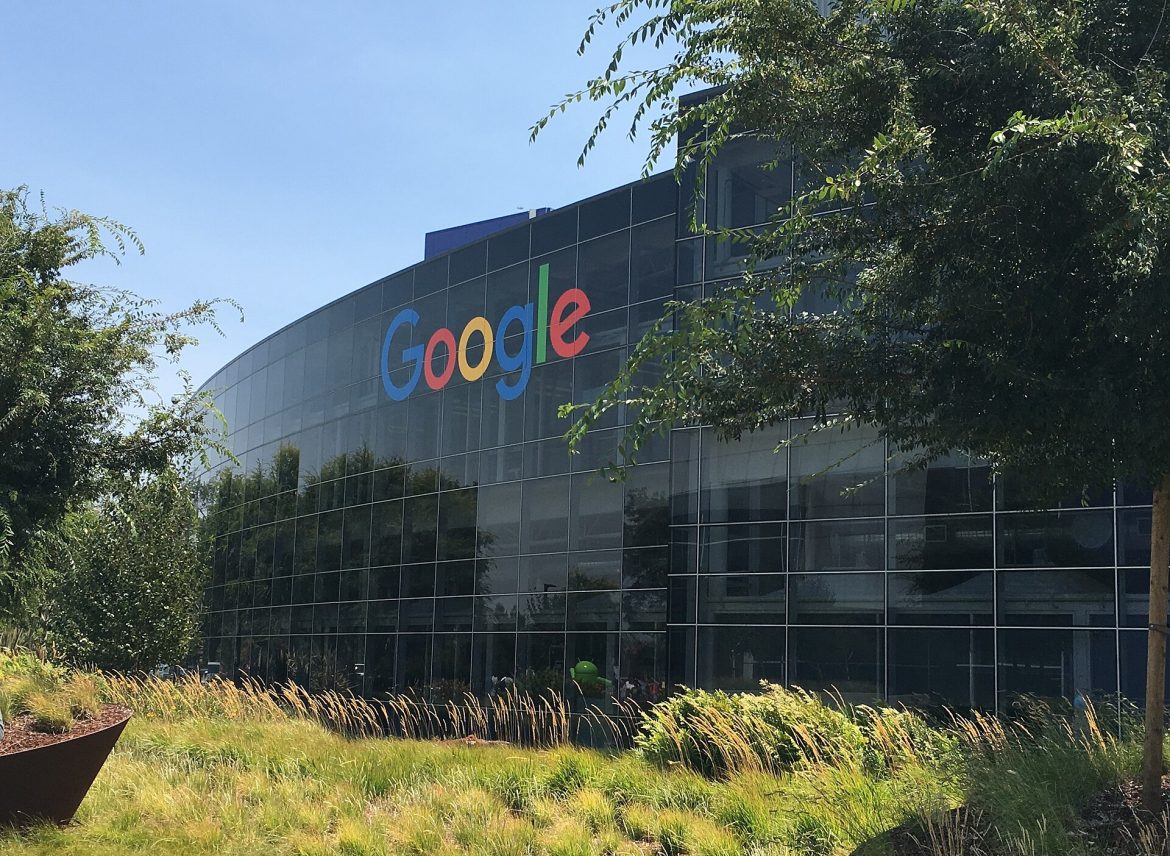The United States Department of Justice (DOJ) has called for the divestiture of core components of Google’s digital advertising technology operations, following a court ruling that found the company unlawfully monopolised key sectors of the online ad market.
The government is seeking to compel the Alphabet Inc.-owned firm to sell its AdX ad exchange platform and DoubleClick for Publishers (DFP), both central to how digital advertising is bought and sold across the internet. The proposal was submitted in a filing on Monday evening, and forms part of a broader remedy effort aimed at restoring competition in the ad-exchange and publisher ad-server sectors.
U.S. District Judge Leonie Brinkema, presiding in Alexandria, Virginia, last month concluded that Google had “wilfully acquired and maintained monopoly power” in both markets. A trial to determine final remedies has been scheduled for September.
Google has rejected the DOJ’s divestiture proposal, asserting that it goes beyond the scope of the court’s findings. Lee-Anne Mulholland, Google’s vice president of Regulatory Affairs, stated that the DOJ’s approach “has no basis in law” and warned it could harm both publishers and advertisers. “The DOJ’s additional proposals to force a divestiture of our ad tech tools go well beyond the Court’s findings,” she said in a statement to Reuters.
In pre-market trading on Tuesday, Alphabet shares fell by approximately 1.1%.
The dispute centres on Google’s control over the infrastructure underpinning much of the internet’s advertising economy. AdX is a real-time digital marketplace enabling publishers to auction off unsold advertising space, while DFP serves as a management tool allowing online publishers to administer, deliver, and optimise ad placements on their websites.
Together, these tools give Google significant influence over the buying and selling of online advertising, a sector which has grown into a multi-billion-dollar industry. Critics argue that the company’s vertical integration—controlling both the supply and demand sides of the ad market—has allowed it to suppress competition and extract favourable terms for itself.
The DOJ argues that breaking up Google’s ad-tech business is the only way to ensure fair competition. “The proposed remedies, including divestitures, are necessary to end Alphabet’s monopolies and restore competition in the ad-exchange and publisher ad-server markets,” the department said in its court filing.
This is the second major antitrust finding against Google in less than a year. In 2024, a separate court ruled that Google maintained an illegal monopoly in the search engine market, a decision that intensified global regulatory scrutiny of the company.
Google has proposed alternative behavioural remedies, such as making its real-time bidding systems more accessible to competitors. However, the DOJ has rejected these suggestions as insufficient, citing concerns that non-structural remedies would not address the root of the monopoly.
The developments in the U.S. follow related proceedings in the European Union. Last year, Google proposed selling parts of its advertising business, including AdX, in an effort to settle a European Commission antitrust investigation. That offer, however, was dismissed by several European publishers as inadequate, with critics arguing that it failed to address the full extent of Google’s dominance in digital advertising infrastructure.
The September trial will serve as a key moment in the Biden administration’s efforts to rein in the power of large technology companies. The DOJ’s antitrust division, under Assistant Attorney General Jonathan Kanter, has taken an aggressive stance on competition enforcement, arguing that structural remedies such as breakups are necessary in cases of entrenched market power.
The outcome may also shape the future of digital advertising, a market estimated to be worth more than $600 billion globally. Industry observers suggest that any forced divestiture could result in significant operational shifts for online publishers and advertisers reliant on Google’s tools.
Google has yet to indicate whether it will appeal the court’s ruling or the DOJ’s latest proposal. Legal analysts expect the company to argue that forced divestitures are both disproportionate and unworkable under existing antitrust law.
The court is expected to hold a series of hearings over the summer to determine the scope of the remedy. A final judgment on the DOJ’s request for divestiture is not anticipated until after the trial concludes in the autumn.
Read also:
Justice Department Eyes Google Breakup: Chrome, Android, and AI in the Spotlight


